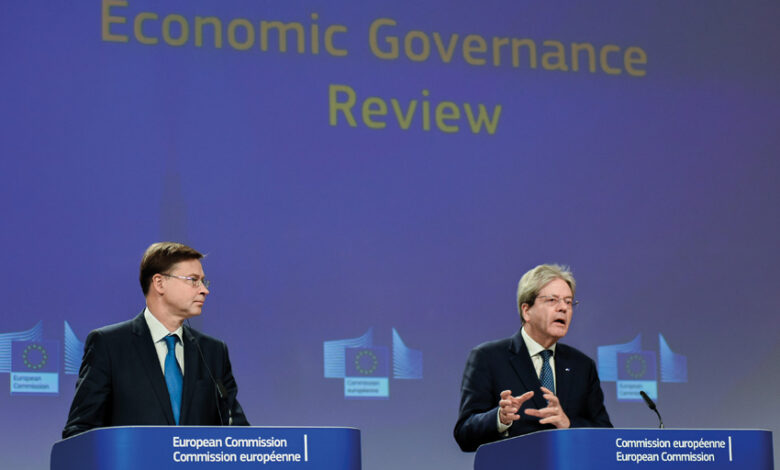Fiscal rules set for reform

The European Commission is proposing a simplification of current fiscal rules and greater fiscal flexibility for member states, as it sets a path toward a reformed EU economic governance framework.
On 9 November 2022, the European Commission adopted the communication Building an economic governance framework fit for the challenges ahead in response to a public consultation on the fiscal rules with member states.
The European Union’s strict fiscal rules for member states, set out under the Stability and Growth Pact, which require member states to maintain a budget deficit of less than 3 per cent of GDP and a government debt-to-GDP ratio of less than 60 per cent, have been suspended since the outbreak of the pandemic in March 2020.
The European Commission notes that the suspension of the fiscal rules allowed for fiscal stimulus, aiding member states during the pandemic, and believes that a reformed framework will help build a “green, digital and resilient economy of the future”.
“The orientations seek to ensure that the framework is simpler, more transparent and effective, with greater national ownership and better enforcement, while allowing for reform and investment and reducing high public debt ratios in a realistic, gradual and sustained manner,” the Commission states.
Under the new proposals, the broad fiscal targets will remain the same, however, the Irish Fiscal Advisory Council noted a slightly less onerous approach to fiscal rules in the new proposals. “The Commission’s proposals represent some shift away from a rules-based framework and could represent a relaxation of the existing fiscal rules depending on what fiscal paths are agreed,” it states.
The proposed major changes include the removal of the 1/20 rule, which requires that the difference between a government’s debt level and the 60 per cent debt-to-GDP target reduce by an average of one-twentieth. Additionally, the medium-term objective (MTO), which sets out the minimum requirement for the budget balance, is being removed. Importantly, the expenditure benchmark is also being discarded and will be replaced by a net expenditure rule.
A detailed note to TDs, prepared by Ireland’s Parliamentary Budget Office (PBO) on the EU Economic Governance Framework, notes that rules allowing member states more time to reduce debt burdens will depend on the fiscal adjustment path finally agreed.
If the new economic governance framework is to be in place by the 2024 budget process, an agreement would have to be reached before the budget submission date of 15 October 2022.
Although in suspension, Ireland complies with the fiscal rules. However, the PBO highlights that this is “partly due to surging tax receipts from corporation tax resulting in a budget surplus and a large, foreign-owned multinational sector which greatly impacts Irish GDP”.
Emphasising that the structural balance has long been a problematic indicator for Ireland, the analysis suggests that removing the need to calculate it should make Ireland’s fiscal rules more straightforward to understand and comply with.
Under the proposals, member states need to set out net expenditure plans over four years and the submission of annual progress reports by member states is designed to improve surveillance by the European Commission and the European Council.
In its analysis, the PBO called for clarity on the expectations for a member state in advance of the return of the rules. Highlighting a potential area of concern of the new rules, it points to the potential for disagreement between domestic macroeconomic and fiscal forecasts and those of the Commission.





